Preparing for long-term business travel? Whether you’ll be gone for a few months or a few years, you’ll need a plan for what to do with your stuff when traveling. Below, we walk you through all of the options for your belongings to help you get ready for a temporary job relocation!
- Sell Belongings You No Longer Want
- Donate Items to Those in Need
- Get Rid of Anything Broken or Unusable
- Bring the Essentials Along
- Move Everything Else to Self Storage
Sell Belongings You No Longer Want
Instead of letting your items collect dust while you’re traveling for work, consider selling some of your belongings instead. This makes packing easier, reduces the number of things you need to store, and—as an added bonus—can lessen the travel and relocation expenses your company won’t reimburse you for. Here are a few different ways to sell your belongings.
Post Them Online

Photo via @fromgrittopearl
Whether you’re selling furniture, clothing, or electronics, there’s a market for almost everything on the internet. So take clear, well-lit photos of your items, settle on a price, and upload an ad on a digital marketplace site like Craigslist, Facebook Marketplace, or eBay. You should also have a plan for arranging shipping, as some online buyers might not be be local.
Host a Garage Sale

Photo via @losdog
Putting together a garage or yard sale is a great way to sell your stuff if you have some time before traveling for work. First, advertise your sale in advance on local message boards, through word-of-mouth, or by putting up signs around your neighborhood. All items should be clearly priced and neatly arranged when the day arrives. And don’t be surprised if customers haggle. Your primary goal should be to clear out as many items as you can.
Cut a Deal with a Friend or Family Member

Photo via @professionalpersona
Have a friend or family member who’s looking for exactly the kind of item you want off your hands? Offer it to them at a discount! This arrangement is perfect for those who don’t have many things to sell in the first place—or for anyone who isn’t comfortable communicating and selling to strangers.
Donate Items to Those in Need
As you prepare to relocate, you should also consider donating belongings. If you have clothing, furniture, food, or other household items you don’t need to take with you, reach out to an organization that accepts donations. Depending on what items you’re getting rid of, there are several ways to go about donating.
Drop Off Gently-Used Clothing to Charity

Photo via @cahoots_company
Sort through your closet and say goodbye to anything that you don’t like, that doesn’t fit anymore, or that you don’t plan to take with you. Pack up any apparel in suitable condition and drop it off at a homeless shelter, Goodwill, The Salvation Army, or another similar organization near you. As for stained, torn, or otherwise unwearable clothing, check to see if there’s a textile recycling program in your area.
Give Unwanted Furniture a New Home
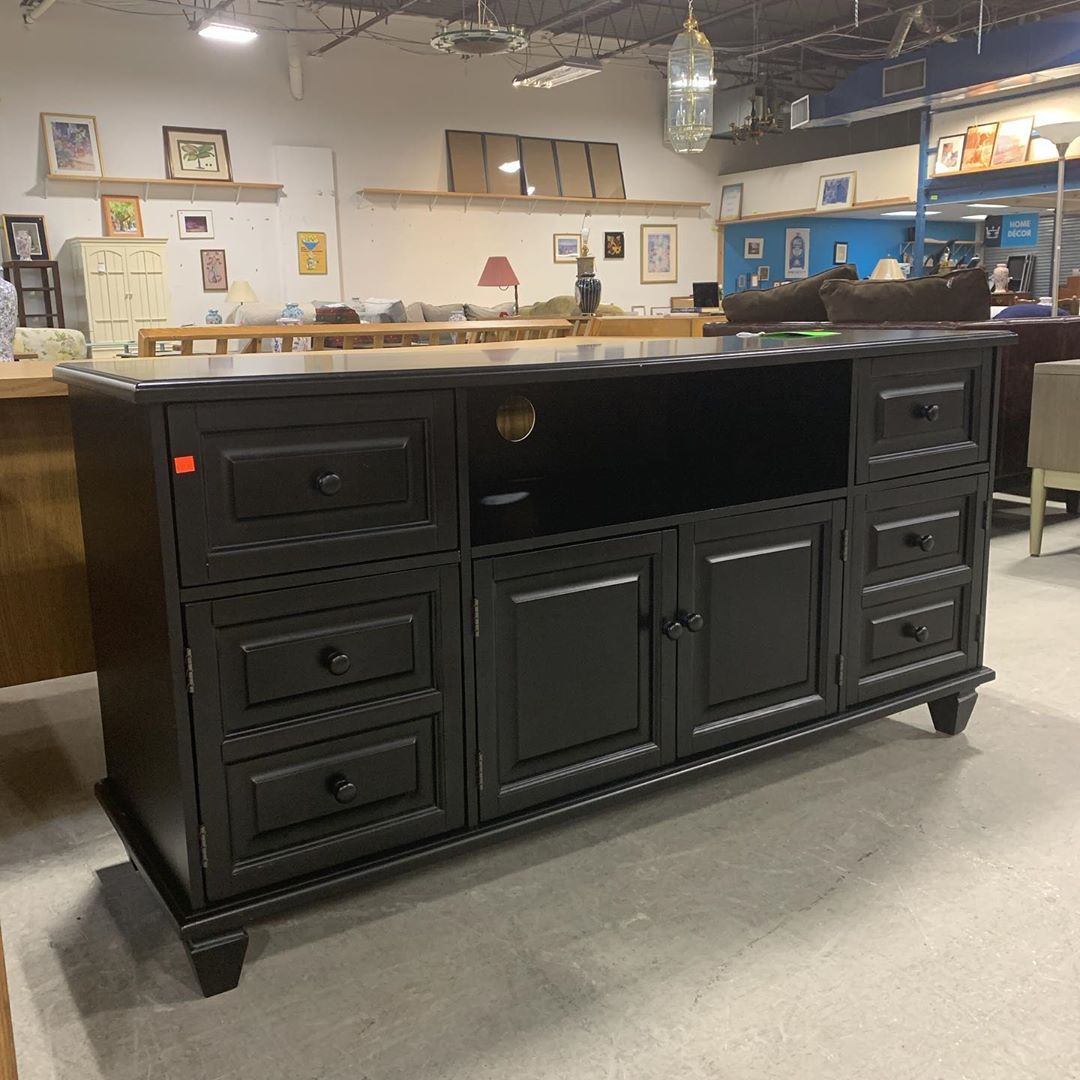
Photo via @suffolkrestore
When moving to a new city for work, you’ll not only have to figure out what to do with your home while you’re away, but you’ll also have to figure out what to do with all of your furniture. You might decide to ship some of it to your new abode, but don’t let the rest go to waste. Schedule a furniture donation pickup through Habitat ReStore or another similar program.
Pass Old Electronics into New Hands
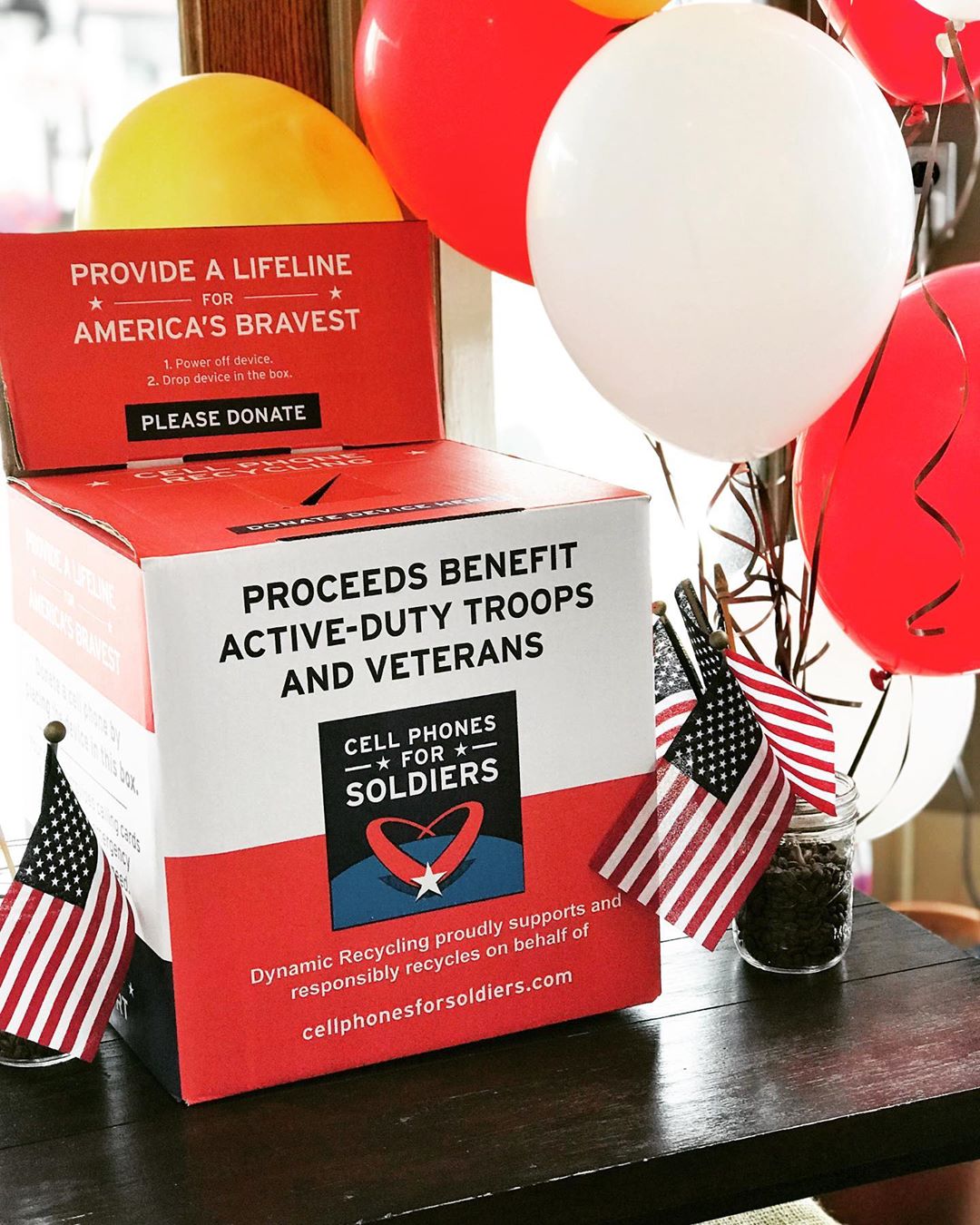
Photo via @amackswell
Many local libraries, schools, and nonprofits accept old electronics, which are either recycled for parts or distributed—after wiping them of your personal data, of course. Consider donating to an organization like Cell Phones for Soldiers or Computers With Causes if you’d like to support a specific cause.
Get Rid of Anything Broken or Unusable
Not all of your belongings can be sold or donated. Take any and all miscellaneous items like food storage lids with no matching container, loose paperwork, and broken small appliances to the curb. There are a few different ways to properly clear out any unused or broken household junk.
Recycle What You Can
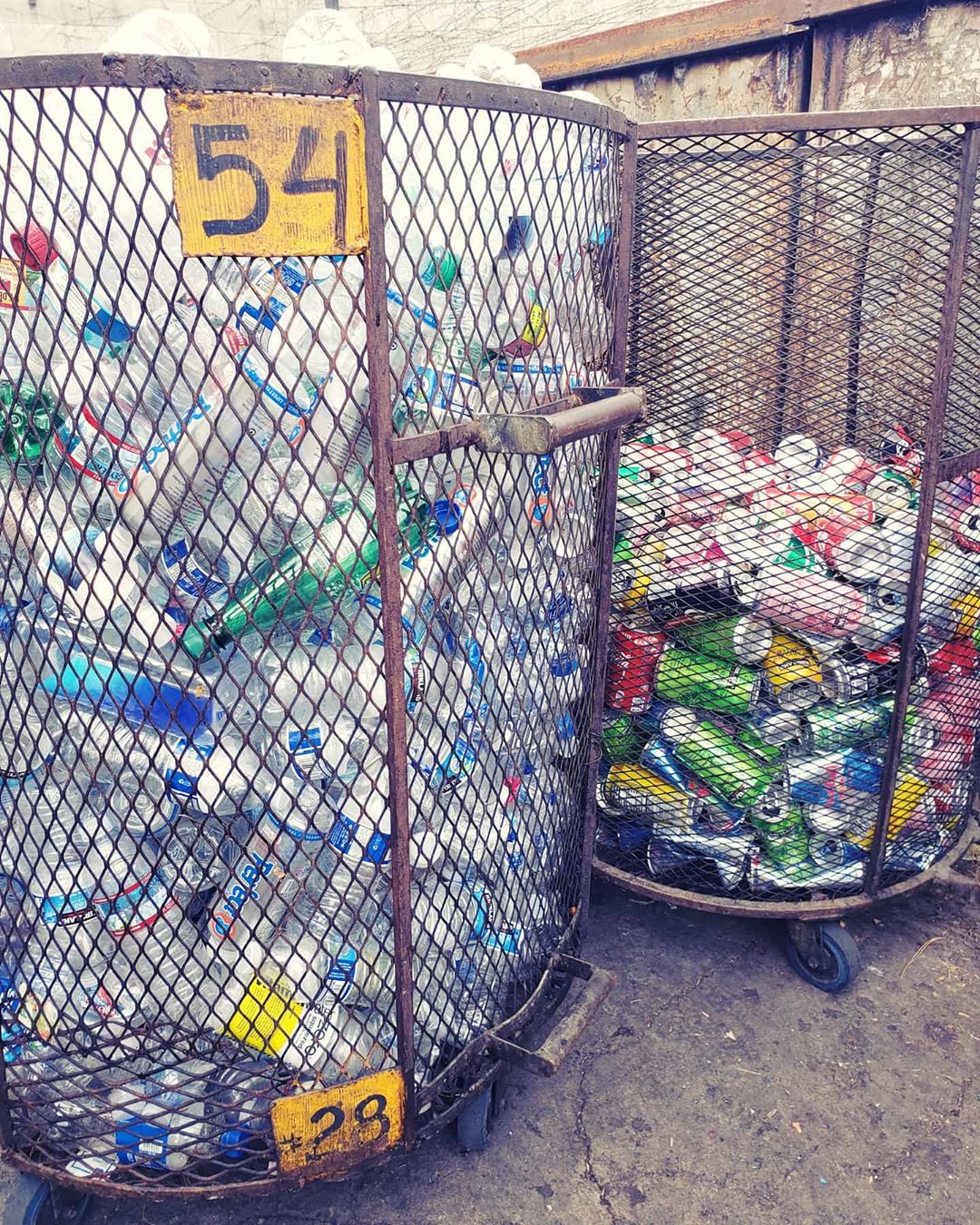
Photo via @globalmetalrecyclinginc
Recycle all acceptable materials as you prepare for your out-of-state move. From crayons and crocs to batteries and old water bottles, you would be surprised what qualifies. These days, there are plenty of ways to recycle almost anything.
Rent a Dumpster
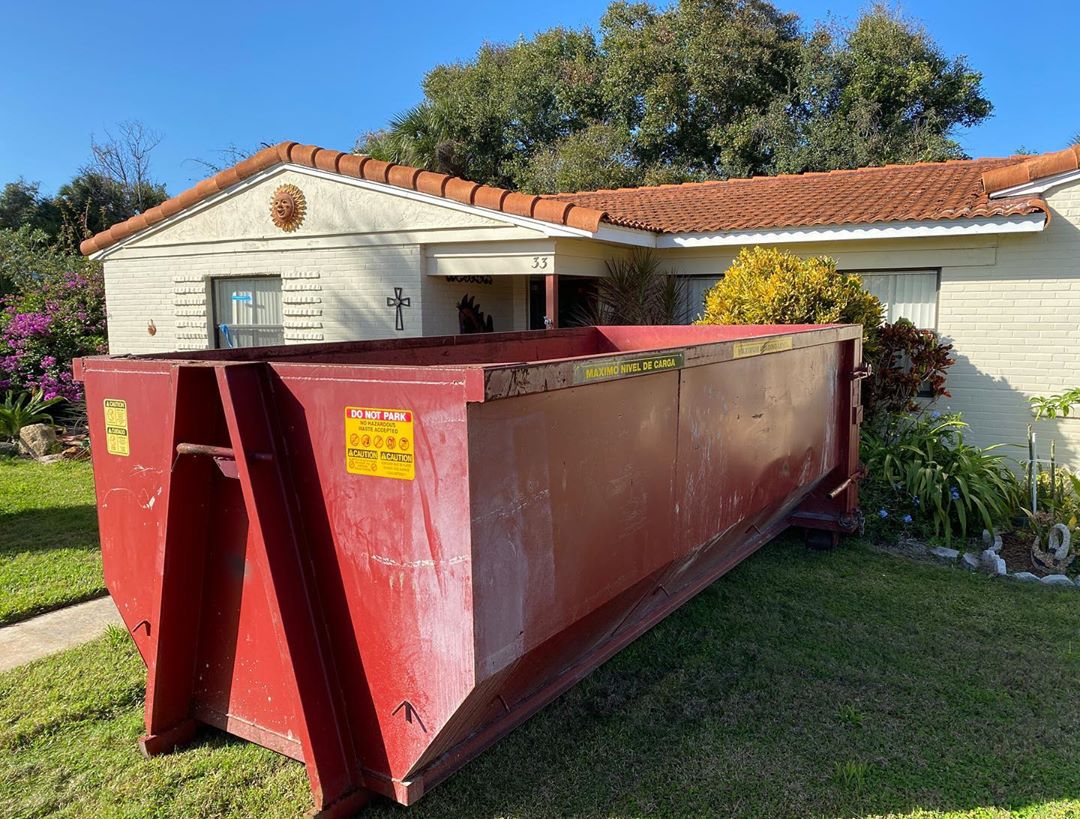
Photo via @rescuedumpsters
Rather than making trip after trip to your local dump, rent a dumpster to make cleaning out your home less of a hassle. You can also opt to hire a junk removal service, depending on how much you need to get rid of.
Bring the Essentials Along
Traveling for work, especially if it’s long-term relocation, comes with plenty of potential stressors. But replacing everything you own shouldn’t be one of them. Even in temporary housing, traveling professionals still need certain comforts. Follow these moving tips as you get ready to relocate.
Follow Smart Packing Practices
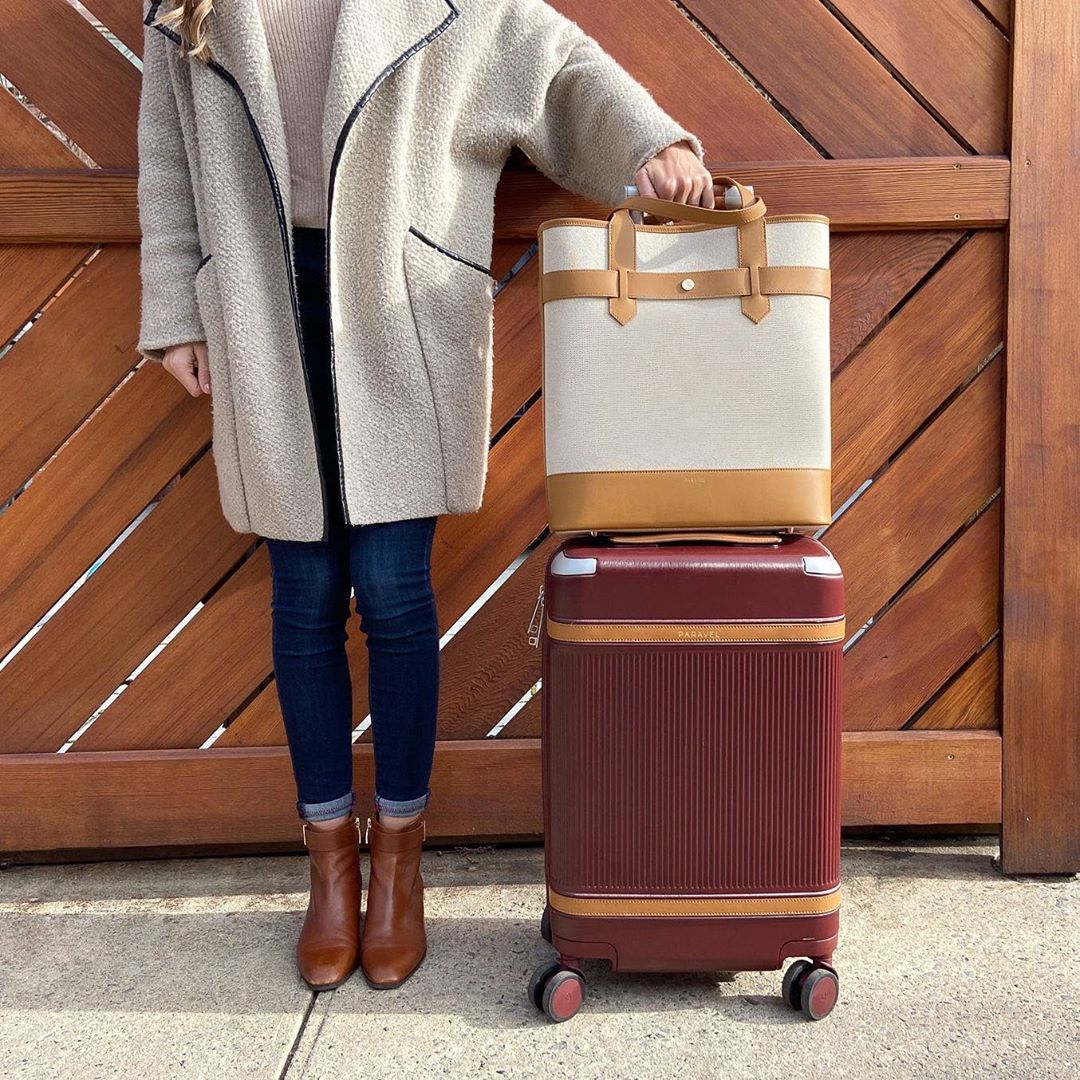
Photo via @paravel
Poorly-packed luggage is more likely to be damaged during your move. Thankfully, there are many ways to minimize the risk of damage, such as packing light and using luggage protectors. Professionals who travel frequently for work may even want to invest in luggage specifically designed for business travel.
Make Plans for Transporting Large Items
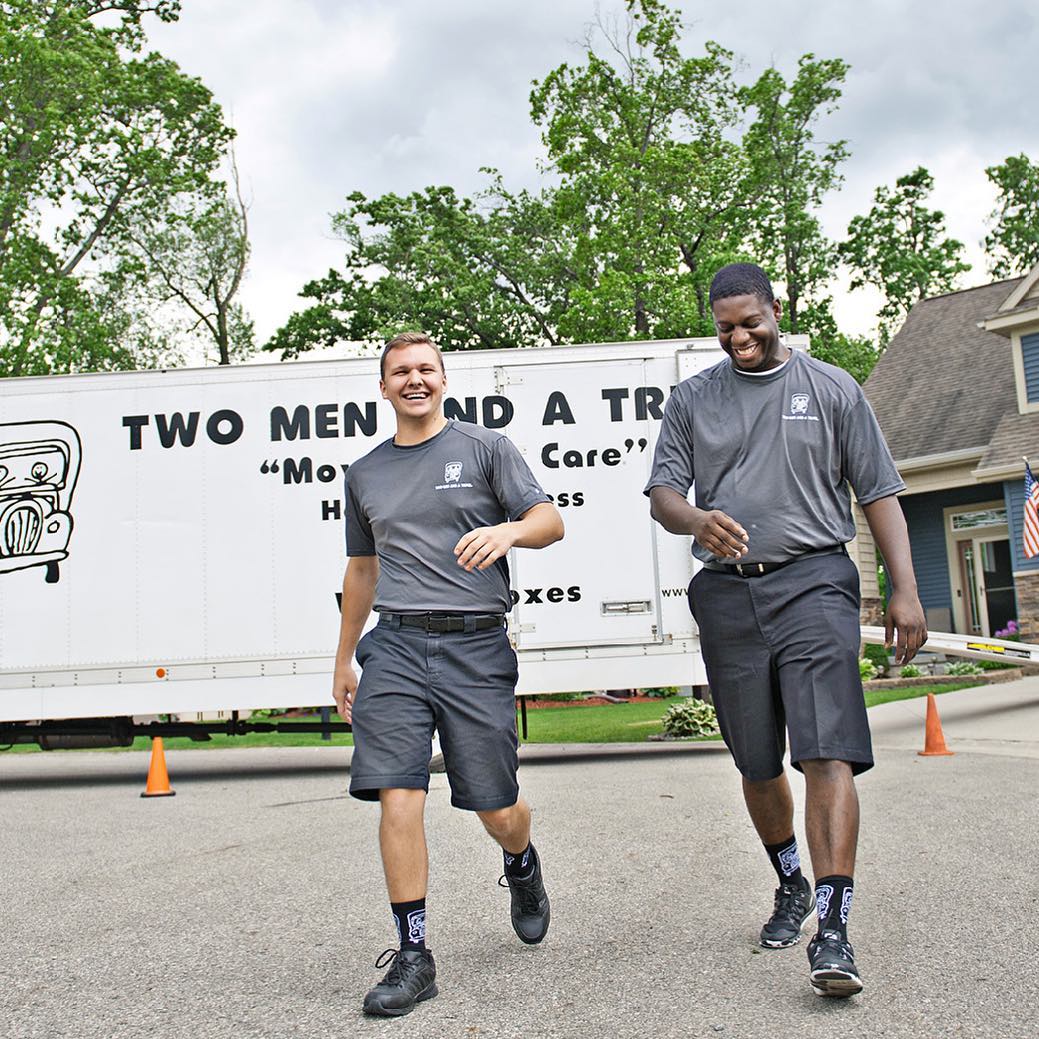
Photo via @twomenandatruck
Unlike a vacation, a couple of suitcases may not suffice for long-term business travel. When you relocate, you’ll either need to purchase new furniture or ship your existing household goods to your new home. Take some of the stress out of your out-of-state move by arranging to have items shipped ahead to your new home. Or better yet, hire a long-distance moving company to do the heavy lifting and help you decide what size moving truck you need.
Move Everything Else to Self Storage
Many professionals who travel for work eventually return, in which case, keeping items safe and sound until you return is important. That’s where self storage can come in handy. Renting a storage unit is a convenient and affordable solution for anyone who takes frequent business trips. Here are a few things you can do to make the most of your storage experience.
Take Inventory

Photo via @tisteam
Remembering everything you’ve packed into your storage unit might be easier said than done. To avoid future confusion, create a categorized list of everything you keep in your storage unit. Retrieving specific items when you return from your business trip will be much simpler if you do. Check out our guide on storage unit sizes to make sure you choose the best unit size for your business needs.
Organize Your Unit the Right Way
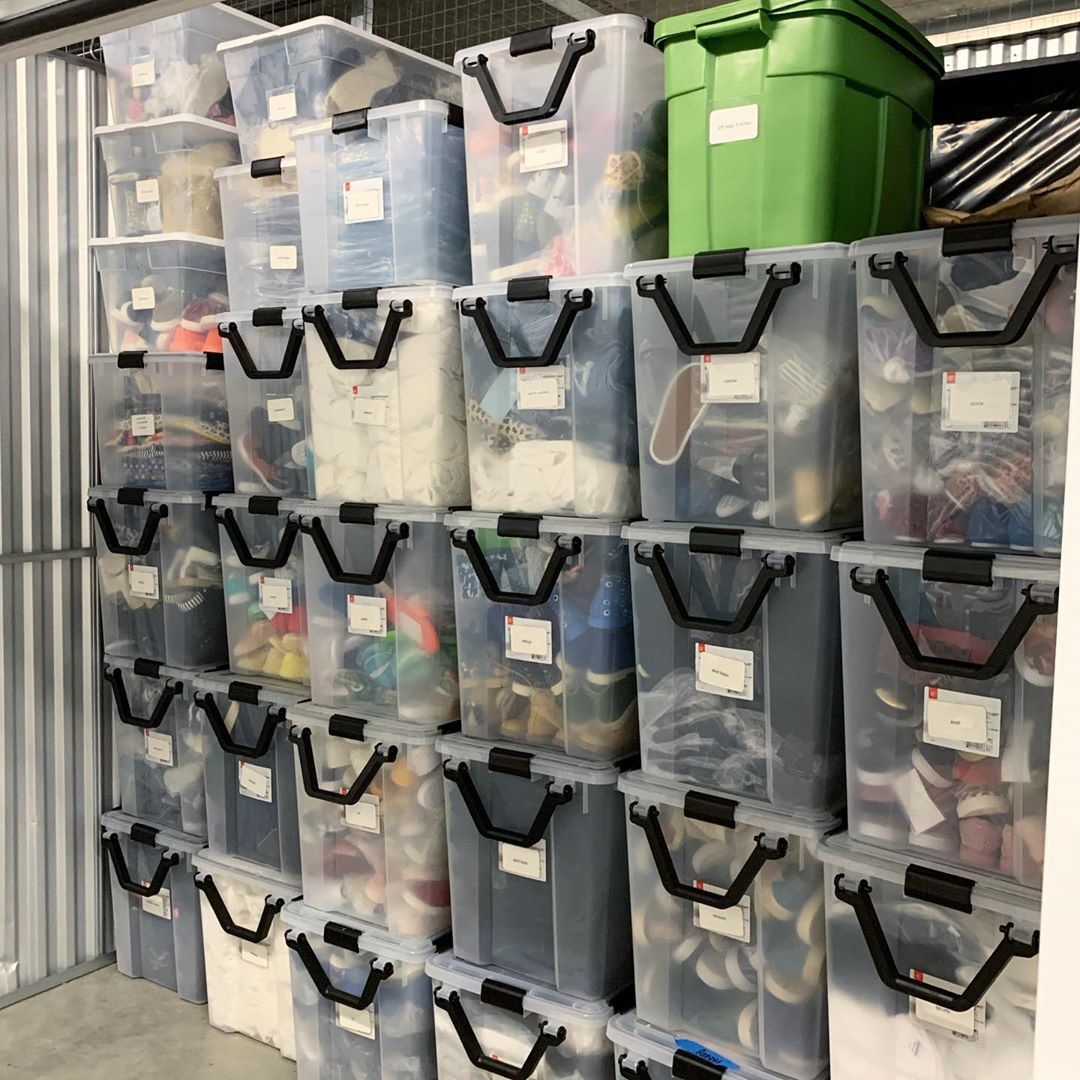
Photo via @open4organizing
Even in a well-maintained storage facility, it’s important to take certain precautions to keep your items in good condition while you’re away. Label all of your boxes and stack containers by weight, keeping the heaviest items at the bottom. High-quality storage facilities will be able to offer additional advice, so don’t be afraid to ask about the best ways to organize your unit.
Opt for a Climate-Controlled Unit
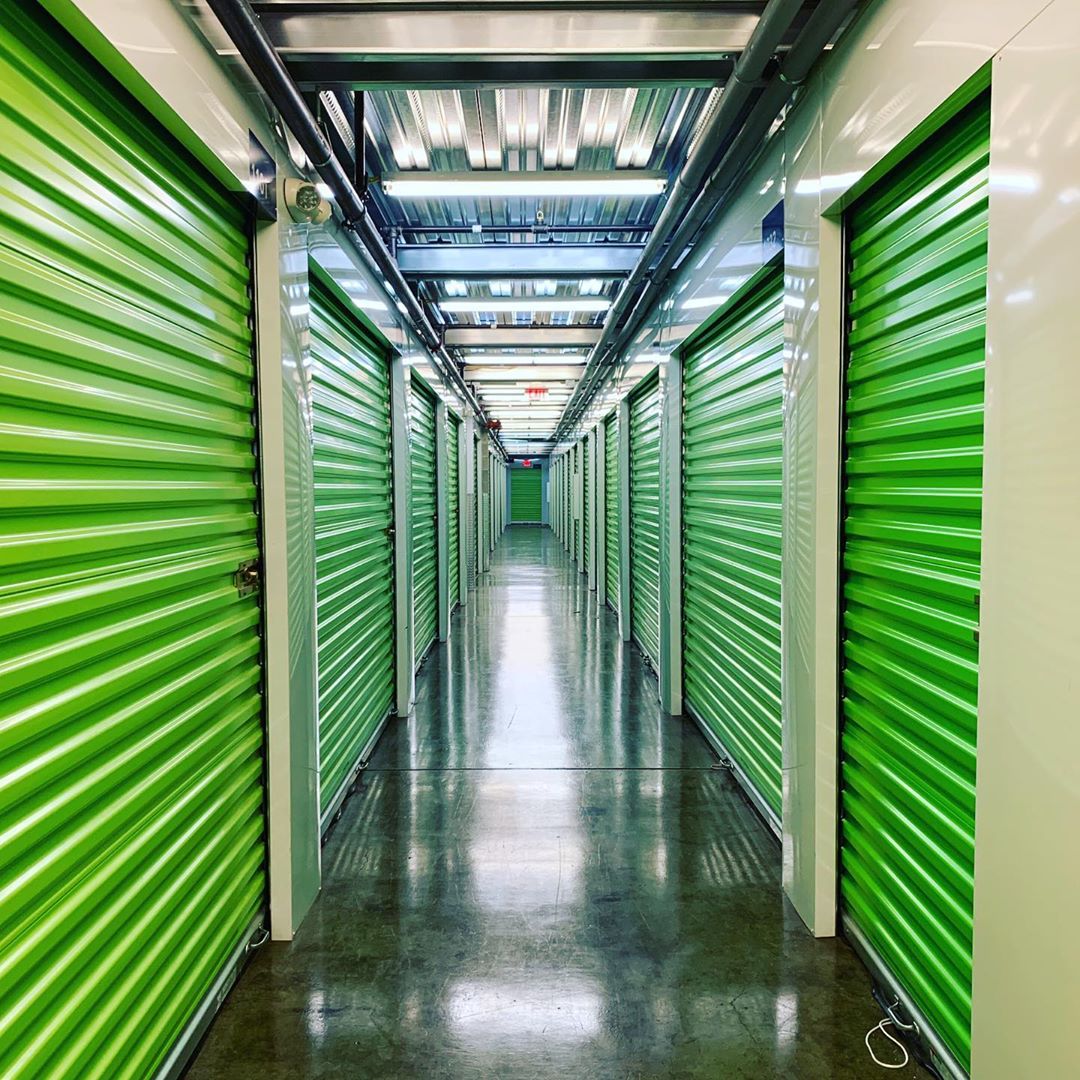
Photo via @tentpitcher
Extreme temperatures can potentially damage items kept in an uncontrolled storage environment. That’s why it’s smart to look into climate-controlled storage. If you’re storing furniture, antiques, electronic devices, clothing, and other sensitive materials, a storage unit with climate control can help keep them in good condition until you return.
***
Need a place to keep your belongings while traveling for business? Extra Space Storage has secure self storage facilities throughout the U.S. Find a storage unit near you!





